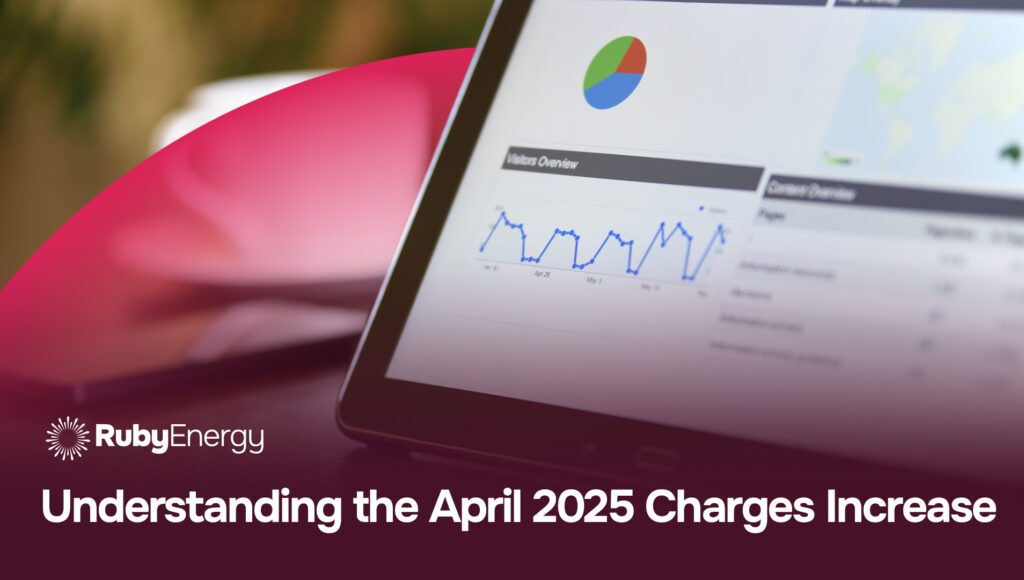If you’ve noticed a recent uptick in your energy bills, particularly in standing and capacity charges, you’re not alone. As of 1st April 2025, many businesses have experienced these increases due to changes in non-commodity costs. Let’s break down what’s happening and how it affects your business.
What Are Standing and Capacity Charges?
Before diving into the changes, let’s clarify these terms:
Standing Charge: A daily fixed fee covering the cost of supplying energy to your premises, regardless of usage.
Capacity Charge: A fee based on your agreed-upon maximum energy demand, ensuring the network can meet your business’s peak requirements.
Why Have These Charges Increased?
Several factors have contributed to the rise in these charges:
Targeted Charging Review (TCR) Reforms: Implemented by Ofgem, these reforms aim to allocate network costs more fairly, resulting in higher fixed charges for businesses with greater energy demand.
DUoS & TNUoS Tariff Adjustments: Updates to Distribution Use of System (DUoS) and Transmission Network Use of System (TNUoS) charges have led to increased standing and capacity charges across the board.
Inflation and System Recovery Costs: Factors such as inflation and costs associated with maintaining system reliability have been incorporated into these charges.
Introduction of the E11 Nuclear Construction Charge: A new levy introduced to support nuclear power projects, adding to the overall non-commodity costs.
How Do These Changes Impact Your Business?
For businesses with Half-Hourly (HH) electricity meters, these adjustments can lead to significant increases in annual energy costs. For example, a business with an agreed capacity of 140 kVa might see an annual increase of over £1,200 due to these changes.
What Can You Do to Manage These Increases?
While these changes are industry-wide, there are steps you can take to mitigate their impact:
Review Your Energy Contracts: Ensure you understand which charges are fixed and which are subject to change. Some suppliers offer contracts that lock in both unit rates and fixed charges.
Optimise Your Energy Usage: Assess your energy consumption patterns to identify areas where you can reduce demand, potentially lowering capacity charges.
Consult with Energy Experts: Engage with energy consultants or brokers who can provide insights into market trends and help negotiate favourable contract terms.
Stay Informed and Proactive
Understanding the factors behind these charge increases empowers you to make informed decisions about your energy strategy. By staying proactive and seeking expert advice, you can navigate these changes effectively and manage your energy costs more efficiently.
You can find more information about the increased charges by visiting Understanding Rising Non-Commodity Charges in UK Energy Bills


